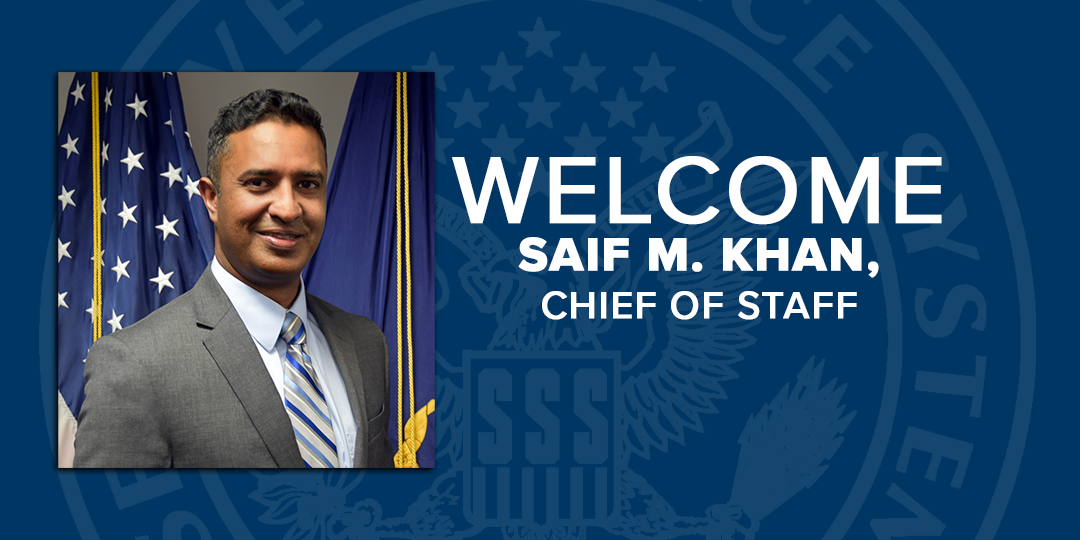Suggestions
Saif Khan
Director for Technology and National Security at White House National Security Council
Saif M. Khan is the Director for Technology and National Security at the National Security Council (NSC) within the White House. He has held this position since April 2021, focusing on the intersection of technology policy and national security, particularly in relation to emerging technologies such as artificial intelligence (AI) and cybersecurity.12
Educational Background
Khan has a strong academic foundation:
- Juris Doctor (JD), cum laude, from The Ohio State University
- Master of Arts (MA) in Physics from Wayne State University
- Bachelor of Science (BS) in Physics, cum laude, with a minor in Mathematics, also from Wayne State University.2
Professional Experience
Before his current role, Khan served in various capacities:
- Senior Advisor to the Secretary for Critical and Emerging Technologies at the U.S. Department of Commerce since August 2023.
- Visiting Professor of the Practice at the University of Maryland's Applied Research Lab for Intelligence & Security since April 2022.
- Research Fellow at the Center for Security and Emerging Technology (CSET) from May 2019 to April 2022.23
Khan's earlier career includes significant experience in intellectual property law, having worked as a Senior IP Counsel for major companies like Micro Focus and Hewlett Packard Enterprise. He has also served as an attorney advisor at the U.S. Department of Veterans Affairs.25
Contributions and Impact
In his role at the NSC, Khan plays a crucial part in shaping U.S. technology policy related to national security. His work involves coordinating AI policy activities across various government departments and ensuring that emerging technologies are aligned with national security interests.34 He has been instrumental in establishing standards and regulations that govern AI deployment within both governmental and commercial sectors.
Khan's extensive background combines legal expertise with a deep understanding of technology, making him a key figure in addressing contemporary national security challenges through technological innovation.

